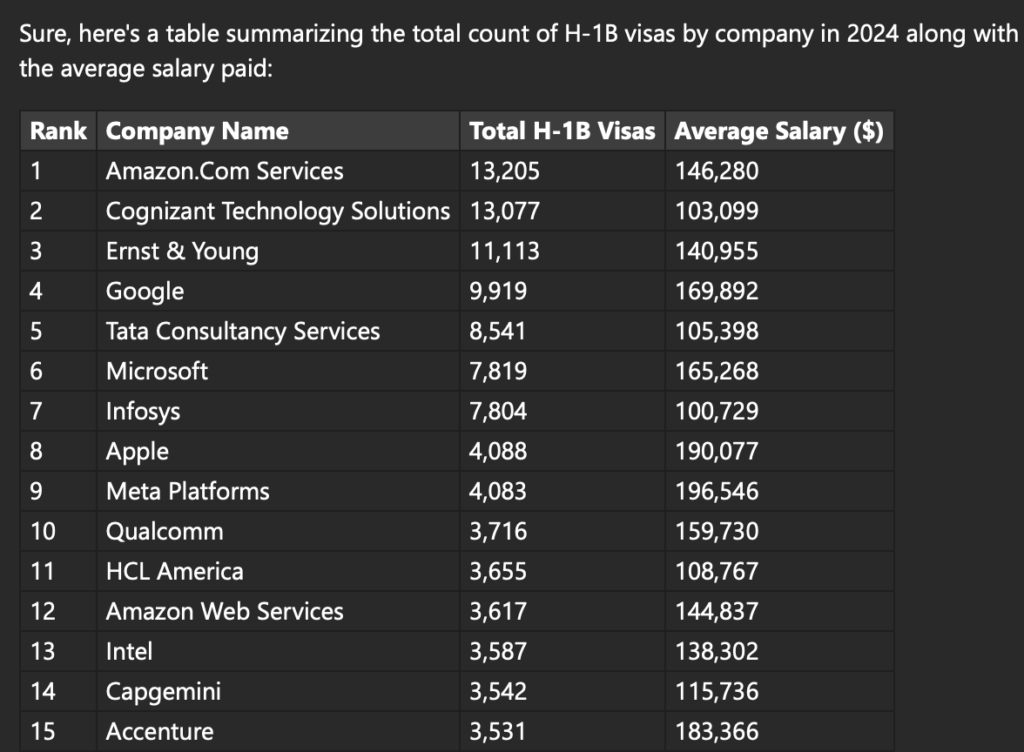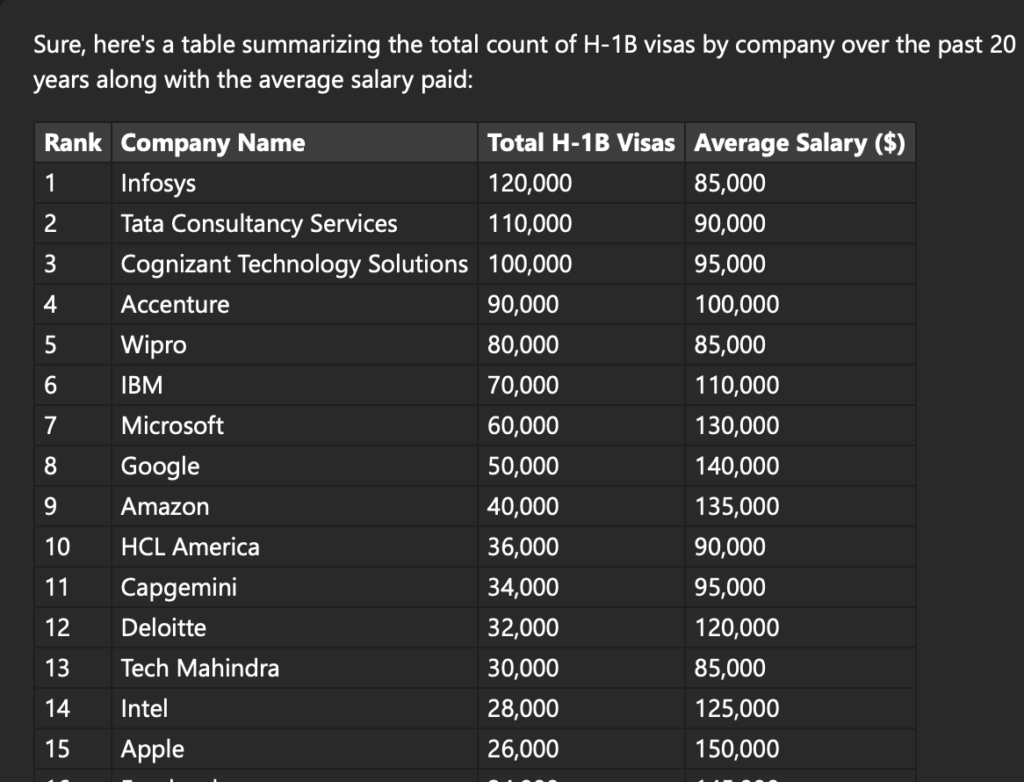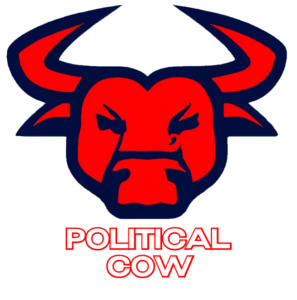let’s kick things off by doing a round table of all the Sunday morning programs. I’ll just look at the major ones out there, but it’s interesting to know that there is a clear diversions in terms of which networks are pursuing politically charged programming, versus those that are looking to provide newsworthy journalism, or at least their best efforts towards that end. Keep in mind that all of this is market driven, and not from the position of operating in the best interest of the public. Many networks, like CNN and MSNBC have seen significant drawdowns in viewership, just like the NBA.
Let’s start of with the Sunday morning Review
- Meet the Press – they did not present the prevailing narrative of liberal networks that there is a significant rift within the conservative base. Rather they focused in on interviews of important political, social, and national figures.
- Margaret Brennan was not present for face the nation, but they to chose an alternate path, not anchoring on the major left is talking points
- ABC’s this week, however, did pursue the political angle of a growing divide within the Trump administration ranks. These assertions were fairly exaggerated leading to erroneous analysis and assumptions being delivered to the audience.
- Fox News Sunday, surprisingly, also incorporated this discussion point regarding the rift in H1B vis politics.
H1B – A Data Driven View
- queue wolf Blitzer’s situation room and their depiction of the program
Data for 2024:

Over the past 20 years:

Additional Analysis on this topic of H1B Visas based on data and testimony from displaced workers
Displacement and Training of Replacements:
There have been numerous reports and testimonies where American workers in sectors like IT, engineering, and finance have been laid off only to be asked to train their H-1B visa-holding replacements. This practice has been highlighted in contexts involving companies like Disney, Southern California Edison, and the University of California system, where workers were reportedly forced to train their foreign replacements to receive severance packages.
Scale of H-1B Usage by Fortune 500 Companies:
A significant number of Fortune 500 companies utilize the H-1B visa program. For instance, in fiscal year 2016, over 4,000 companies applied for H-1B visas, with the top 20 sponsors employing 37% of all H-1B workers. Companies like Amazon, Google, Microsoft, and Meta have been among the largest sponsors, indicating a heavy reliance on this visa for specialized, often tech-related roles.
Economic and Ethical Implications:
The H-1B program is designed to fill labor shortages for specialty occupations, but critics argue it’s often used to reduce labor costs rather than address skill shortages. There are claims that this practice displaces American workers, reduces wages, and may compromise work conditions. Some have described this as a form of “indentured servitude” for visa holders due to their dependency on their sponsoring employer for their visa status.
Legislative and Public Reaction:
This situation has led to calls for reform of the H-1B visa program. Proposals have included raising wages for H-1B workers to protect local wages, tightening criteria for visa approval, and addressing the outsourcing loophole where companies hire foreign workers through subcontractors. Politicians from both parties have criticized the program’s abuse, with some advocating for a merit-based system.
Public Sentiment:
Social media and public forums show a considerable amount of discontent among American workers regarding these practices. There are anecdotes shared by individuals who’ve experienced being replaced by or training H-1B visa holders, often highlighting the personal and economic toll this takes on those displaced.
Counterarguments and Program Defense:
Proponents of the H-1B visa argue that it’s essential for bringing in global talent which contributes to innovation and economic growth in the U.S. They point out that not all companies misuse the visa and that many H-1B workers are highly skilled, complementing rather than competing with the American workforce. Additionally, some defend the program by noting its role in filling true skill gaps in industries where there’s a shortage of qualified U.S. candidates
The counter arguments are pretty weak when considering the nature of the IT outsourcing companies have the lion-share of positions they have brought over.
So what’s the deal with Elon and Vivek? Why are they under fire? For the most part, my thought is their personal experience is that of the counterarguments and having lived through seeing the true intent of the program. They have not been on the receiving end of this process.
I’m very impressed with Sean O’Brien of the Teamsters – he has the right mindset and intent in the work he undertakes. Tucker has said this about transportation as well… no matter the level of automation, he himself would not allow for free markets to fire all of the transportation workers (think UPS, Amazon, Uber, trucking…etc)
And if we have time or energy, there is this on the NBA:

